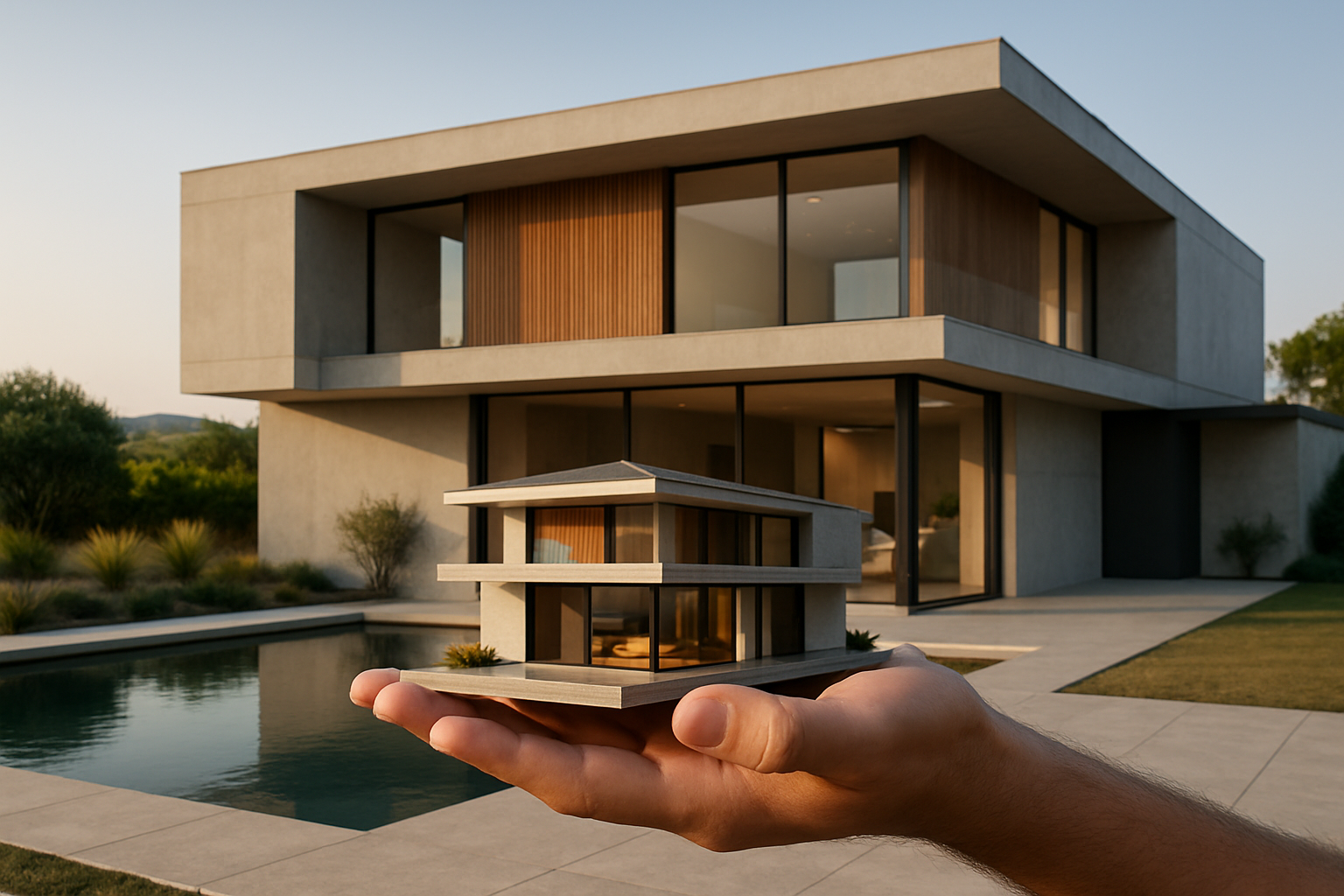Modern Building Solutions: Factory-Built Housing Options
Factory-built housing represents a revolutionary approach to construction, offering faster build times, cost efficiency, and innovative design possibilities. These manufactured structures are transforming the housing market by combining quality craftsmanship with streamlined production processes. From compact living spaces to luxurious residences, factory construction delivers customizable solutions that meet diverse housing needs while maintaining environmental sustainability and architectural integrity.

Factory-built housing has emerged as a compelling alternative to traditional construction methods, offering homeowners efficient building solutions without compromising on quality or design. These factory-manufactured structures arrive at building sites partially or fully assembled, significantly reducing construction timelines and labor costs.
What Makes Small Prefab Homes Attractive?
Small factory-built homes have gained popularity among minimalist enthusiasts and first-time homebuyers seeking affordable housing options. These compact structures typically range from 400 to 1,200 square feet, maximizing functionality within limited space. Manufacturers design these homes with clever storage solutions, multi-purpose furniture, and open floor plans that create the illusion of larger living areas.
The appeal of small prefab homes extends beyond their size. They offer reduced utility costs, lower maintenance requirements, and smaller environmental footprints compared to traditional houses. Many models incorporate sustainable materials and energy-efficient systems, making them attractive to environmentally conscious buyers.
Modern Prefab Homes: Contemporary Design Meets Efficiency
Modern factory-built homes showcase sleek architectural designs that rival custom-built residences. These structures feature clean lines, large windows, and innovative materials like steel, glass, and sustainable wood composites. Contemporary prefab designs often incorporate smart home technology, energy-efficient appliances, and renewable energy systems.
Manufacturers now offer extensive customization options, allowing buyers to select floor plans, finishes, and architectural details that reflect their personal style. Modern prefab homes can include features such as vaulted ceilings, designer kitchens, spa-like bathrooms, and outdoor living spaces that seamlessly blend indoor and outdoor environments.
Luxury Prefab House: Premium Quality and Sophisticated Design
Luxury factory-built houses challenge traditional perceptions of manufactured homes by offering high-end finishes, premium materials, and sophisticated architectural designs. These upscale residences feature spacious layouts, designer fixtures, and custom millwork that rivals traditionally built luxury homes.
Premium manufacturers collaborate with renowned architects and interior designers to create stunning residences that incorporate cutting-edge technology and sustainable building practices. Luxury prefab house options often include features such as wine cellars, home theaters, infinity pools, and expansive outdoor entertainment areas.
Cost Considerations and Market Comparison
Factory-built home costs vary significantly based on size, design complexity, and finish quality. Basic small models typically range from $50,000 to $150,000, while luxury versions can exceed $500,000. These prices generally exclude land costs, site preparation, foundation work, and utility connections.
| Home Type | Size Range | Price Range | Key Features |
|---|---|---|---|
| Small Factory-Built | 400-800 sq ft | $50,000-$120,000 | Compact design, basic finishes |
| Modern Factory-Built | 800-2,000 sq ft | $120,000-$300,000 | Contemporary styling, mid-range finishes |
| Luxury Factory-Built | 1,500-4,000 sq ft | $300,000-$800,000+ | Premium materials, custom features |
Prices, rates, or cost estimates mentioned in this article are based on the latest available information but may change over time. Independent research is advised before making financial decisions.
Benefits and Considerations of Factory Construction
Factory-built homes offer numerous advantages including faster construction timelines, consistent quality control, and reduced weather-related delays. Factory construction environments allow for precise manufacturing processes and quality assurance measures that may be challenging to achieve on traditional building sites.
However, potential buyers should consider factors such as transportation costs, local building codes, and financing options. Some lenders may have specific requirements for manufactured home loans, and certain municipalities may have restrictions on modular construction. Additionally, customization options may be more limited compared to traditional stick-built homes.
Factory-built housing represents an innovative solution for modern housing needs, offering quality construction, design flexibility, and cost efficiency. As manufacturing techniques continue to advance and consumer acceptance grows, factory construction is positioned to play an increasingly important role in addressing housing challenges while providing sustainable and affordable living solutions.




